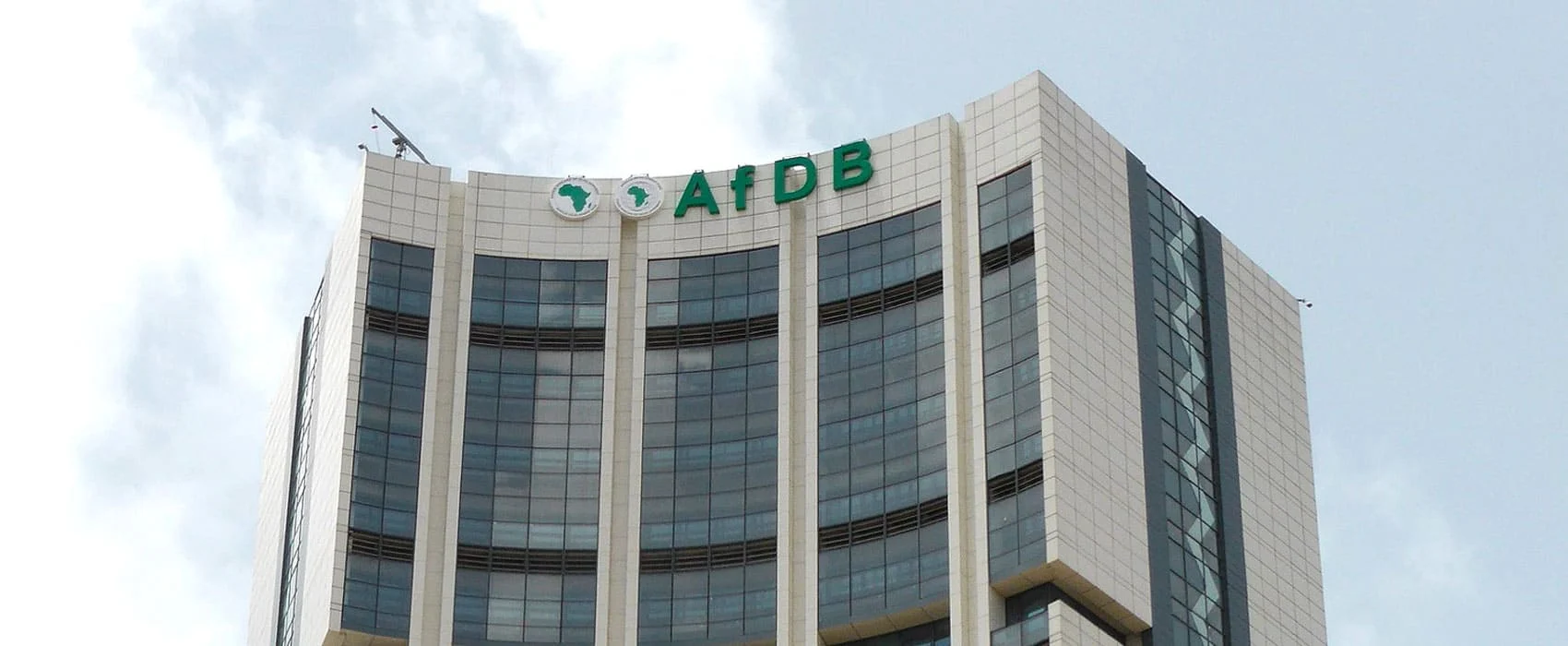The Board of Directors of the African Development Bank Group (AfDB) has approved a $474.6 million loan for South Africa’s Infrastructure Governance and Green Growth Programme (IGGGP). This funding represents a crucial turning point in the country’s journey toward a sustainable, low-carbon economy.
The IGGGP is the second phase of the Bank’s strategic assistance for South Africa’s Just Energy Transition. It builds upon the achievements of the $300 million Energy Governance and Climate Resilience Programme, which was approved in 2023 and implemented essential reforms that enhanced financial stability and boosted renewable energy capacity.
Organised around three interrelated pillars—improving energy security through restructuring the power sector, facilitating a low-carbon and fair transition, and enhancing transport efficiency—the IGGGP aims to hasten South Africa’s green transformation and foster inclusive, resilient growth. Enoch Godongwana, South Africa’s Minister of Finance, acknowledged the AfDB’s support as significant.
“Our country faces the significant challenge of energy shortages, leading to loadshedding, as well as significant transport bottlenecks, which have been detrimental to growing our economy and achieving our developmental aspirations. With your partnership, our government has committed itself to stay the course and implement these critical reforms in the energy and transport sectors, while endeavoring to achieve our international commitments on climate change and our JET objectives,” he said.
This funding includes specific grant elements designed to promote energy efficiency initiatives and advance reforms in the rail sector. Major priorities entail accelerating vertical separation and creating an investment framework to rejuvenate South Africa’s freight and logistics systems. Such initiatives are anticipated to enhance the competitiveness of the transport sector and contribute to regional integration and economic advancement throughout the Southern African Development Community.
As a leading economy in Africa and a regional power centre, South Africa’s achievements in its energy transition could stimulate similar changes across the continent. Its experiences integrating renewable energy, modernising the grid, and executing just transition policies will offer valuable insights for other African countries aiming for sustainable development objectives.

The initiative includes robust environmental and social safeguards, with a specific emphasis on empowering women and youth. Women are expected to make up 70% of those benefiting from the expanded Social Employment Fund, and specialised skills programs for youth will prepare the next generation for new opportunities in the green economy.
The AfDB’s support is part of a historic $2.78 billion international financing package that comprises $1.5 billion from the World Bank, €500 million from Germany’s KfW, up to $200 million from Japan’s JICA, and an anticipated $150 million from the OPEC Fund.
This synchronised financing highlights the global importance of South Africa’s energy transition, especially during its G20 presidency. The programme is aligned with South Africa’s revised Nationally Determined Contributions under the Paris Agreement, which aims to reduce greenhouse gas emissions to between 398 and 510 million tons of CO₂ equivalent by 2025 and between 350 and 420 million tons by 2030.


 Trending
Trending 
